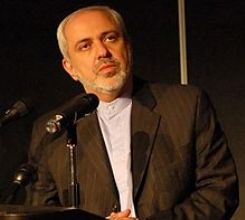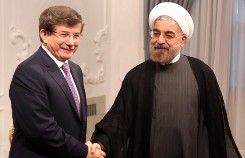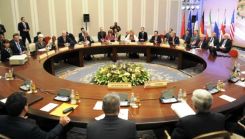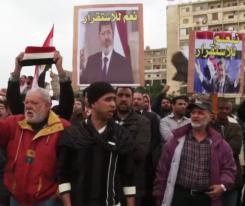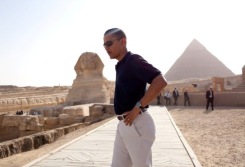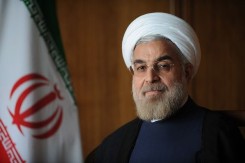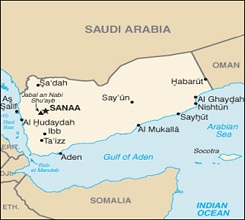By Jaya Ramachandran | IDN-InDepth NewsAnalysis
BERLIN (IDN) – As drums of war beat louder, Iranian Foreign Minister Mohammad Javad Zarif has warned that “resorting to force in the Middle East will ignite a fire, which will be difficult to contain”, highlighted Tehran’s role in encouraging the Syrian government to accept and cooperate with the UN inspectors, criticized President Bashar Hafez al-Assad for some “grave mistakes” and bashed the U.S. for playing into the hands of “radical Takfiri groups that seek intensification of the conflict, violence and sectarianism”.
In an interview with Aseman Weekly (Sky Weekly) in Tehran, Foreign Minister Zarif said Iran had alerted the U.S. in December 2012 that “handmade articles of chemical weapons, including sarin gas,” were being transported into Syria. The warning was conveyed in an official memo to Washington through the Swiss Embassy in Tehran, which serves as the U.S. interests section in Iranian capital, he said.

